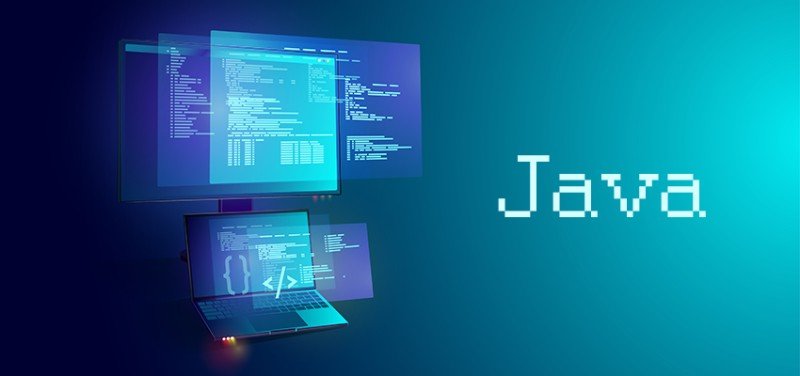Getting Started
- Java Basics
- Data Types
- Arrays and References
- Operators and Constructs
- Java Objects
- Dynamic Memory Allocation
- Java Methods
- Java Strings

Getting Started
Classes and Objects
Working with Classes
User Interfaces
Generics and Collections
Threads
File I/O
Object-Oriented Programming with Java
Structure of the Java Language
Developing GUIs
Storing and Retrieving Data with File I/O (Input/Output)
Working with Relational Databases
Java Development Tools